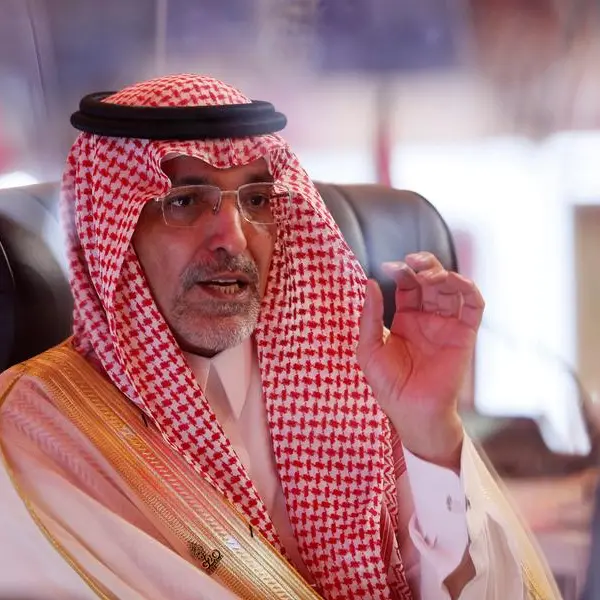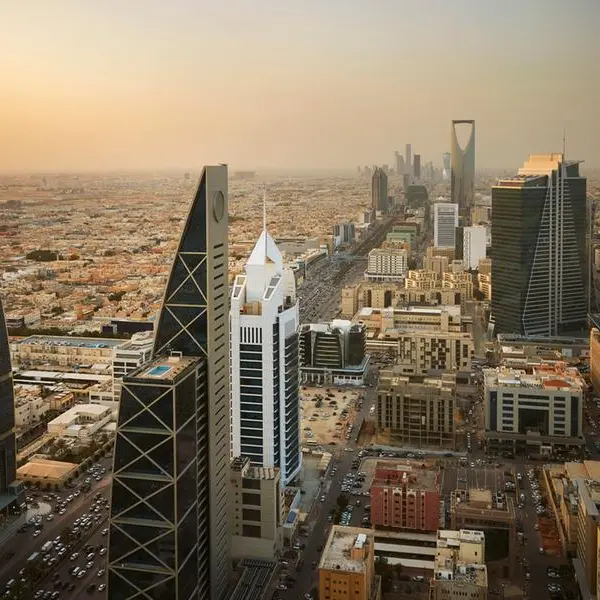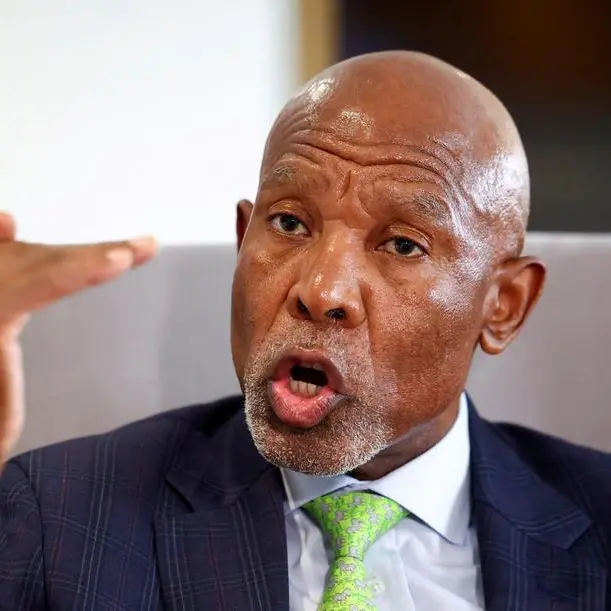Custodian of the Two Holy Mosques King Salman's landmark inaugural visit to Washington as the Saudi ruler is billed as a way of reinforcing US-Saudi relations, analysts and political experts feel. The landmark visit will further bolster bilateral ties and strong relations between the two countries, according to David Darwish, researcher at the National Council for Arab American Relations. Saudi Arabia, he said, is the main partner of US in the Gulf region.
In their first White House summit on Friday, King Salman and President Barack Obama are expected to touch Syria and Yemen issues as well as Iranian nuclear deal. "Their meeting at this time shows the extent of maturity that both countries have achieved in assessing the challenges faced by them and then go ahead with plans to serve the interests of both parties," Darwish said.
Darwish, who is also professor at the National Defense University under the US Ministry of Defense, told Saudi Press Agency that King Salman's visit embodies the strong bilateral relations and determination to achieve common goals despite some differences in viewpoints.
As part of the preparatory meeting before the White House summit, US State Secretary John Kerry and Saudi Foreign Minister Adel Al-Jubeir held talks in Washington, Wednesday.
Saudi Arabia has expressed grave misgivings over the nuclear agreement. But the White House would still like to assuage Saudi concerns that the deal equates to turning a blind eye to Iran's activities. These meetings normally end in "some kind of public statement that puts as positive a spin as possible on the meeting," said Anthony Cordesman of the Center for Strategic and International Studies. This meeting "is unlikely to be an exception," he said. "Both nations are close strategic partners in spite of their differences, and both states need each other."
The White House wants to make sure both countries "have a common view" on which Syrian opposition groups get support, according to senior Obama foreign policy aide Ben Rhodes. "We are looking to isolate more extremist elements of the opposition, that's been an ongoing conversation with Saudi Arabia," he said. Both Washington and Riyadh would like to see an end to Syria's brutal civil war and see leader Bashar Al-Assad pushed from power. The United States has supported efforts to oust Iranian-backed Houthi rebels from Yemen, but has repeatedly warned about the impact the fighting has had on civilians.
Business relations
When King Salman talks with President Obama, much of the attention will be on critical questions of regional security crisis management and bilateral defense issues. But, no less visible will be the importance of the historic business relations between the Kingdom and America as demonstrated by an expected high-powered, day-long investment forum. The importance of the symposium is exemplified by the opening panel lineup: Ministers of finance, commerce and industry, and health and the governor of the Saudi Arabian General Investment Authority. Both sides are clearly open for business and working hard to expand trade and investment.
The top-level attention to business ties comes at a time of increasing pressure on economies as the global energy market remains in the doldrums amid over-production and key consumers' slowdowns. The decades old business partnership between Riyadh and Washington has been a cornerstone to the relationship but the composition of the trade pattern is at a juncture according to Richard Wilson, president of the Saudi-US Trade Group. He told Al Arabiya News: "We're seeing a significant change in the trade balance and flow between the US and Saudi Arabia," adding, "Specifically, US commodity imports, primarily oil, are down 60% this year."
SMEs and foreign investment
The trade surplus, typically favoring the Saudi ledger, has slipped with January to June 2015 numbers at just over $2 billion down from $19 billion for the same period in 2014. The shakeup in the oil market matters in more than just the US-Saudi trade balance. "As the decline in oil revenue bites into the Saudi budget you'll have further examination of spending such as major projects and plans," said Wilson. "There will be more focus on the private sector to pick up speed and offset some of the government spending reductions."
Those shifts, he said, will result in greater diversification, emphasis on small and medium enterprises and increased emphasis on foreign investment. The role of SMEs is an area where many business people are placing bets for a boost in trade prospects. Ford Fraker, former US ambassador to the Kingdom and a veteran financial services expert in the Gulf market, said: "The governments need to do more to promote trade by directly reaching out to companies, primarily SMEs."
He said American companies quickly learn about the tremendous business openings in Saudi Arabia once they spend time in the Kingdom, noting, "The challenge is to get them on an airplane, but it can be awfully hard to get American companies to make that effort. "The Middle East is a long way off; culturally it's very different; and you still get incredibly alarming travel advisory warnings from the State Department," he added.
© The Saudi Gazette 2015




















